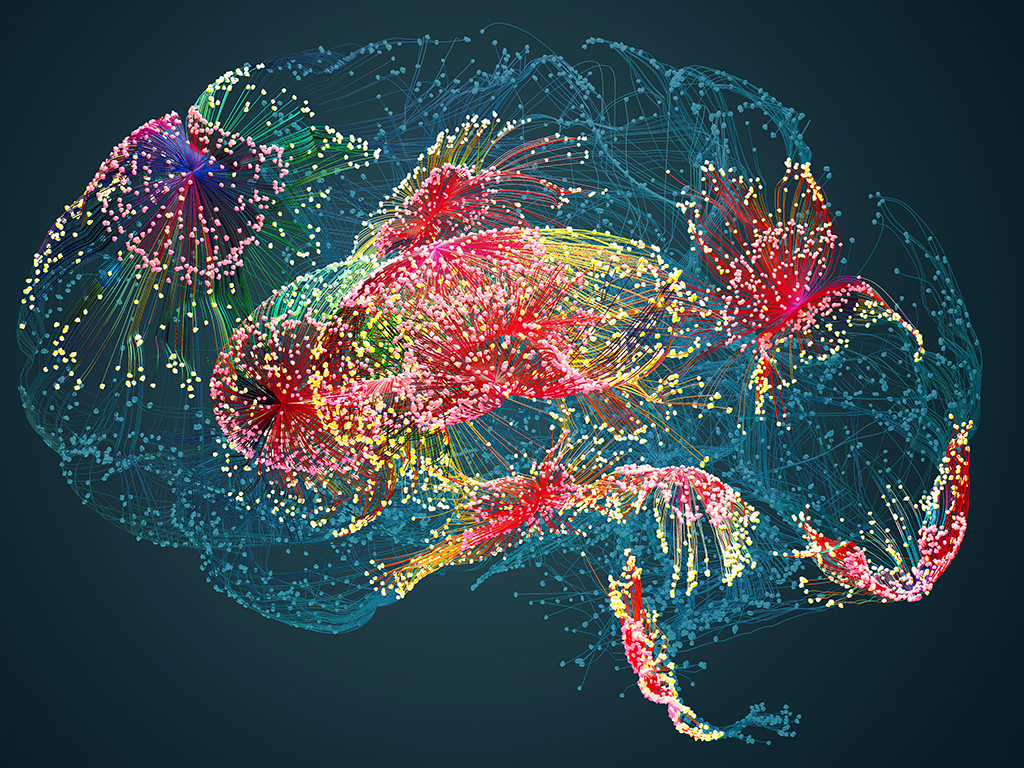Does ‘brown noise’ relieve symptoms of ADHD? Neuroscientists examine claims popularized on social media

Although attention-deficit / hyperactivity disorder (ADHD) is prevalent throughout the world, those struggling to live with it often can combat its effects with modern medicines and newfound auditory methods. As one example, a recently published article cites the growing popularity of brown noise in terms of providing relief for people with ADHD, helping them focus on tasks and even providing them with better sleep.
The phenomenon of noise and its corresponding stimulation of the auditory system has been studied by psychologists for years, said Dr. Brian Anderson, a professor in the Department of Psychological and Brain Sciences at Texas A&M University. There are many ways in which specific noises affect specific people — most notably, white noise, which is a combination of all frequencies that a human is able to hear. However, despite the millions of people promoting brown noise — lower-pitched bass sounds comparable to thunder, a jet plane or strong wind — psychologists have not been able to find evidence as to why this occurs.
“There really isn’t anything other than speculation at this point,” Anderson said. “We know that neural rhythms are a thing and you’re stimulating the auditory system with some rhythmic quality, but that’s it.”
While there are many theories about frequencies and how the stimulation influences the synchrony of neurons in the brain, there has not been enough research conducted, Anderson said. The good news, however, is that brown noise is incredibly easy to test, and brain rhythms can be measured straightforwardly within neuroscience.
“So far, all we know is that brown noise stimulates the auditory system, and that’s going to feed into all these other systems in ways that could conceivably help you focus,” Anderson said.
Though psychologists do not have proper evidence to explain brown noise’s impact on ADHD, there are many other confirmed ways in which those diagnosed with the disorder may find relief in terms of eliminating distractions and reducing the impact of hyperactivity, including stimulant medication and cognitive behavior therapy.
“Stimulant medication is one of those interesting mysteries of ADHD, because if someone is suffering from hyperactivity, why would you give them a stimulant?” Anderson said. “It sounds absolutely absurd on the surface, but in reality, it’s the most commonly prescribed psychopharmaceutical.”

